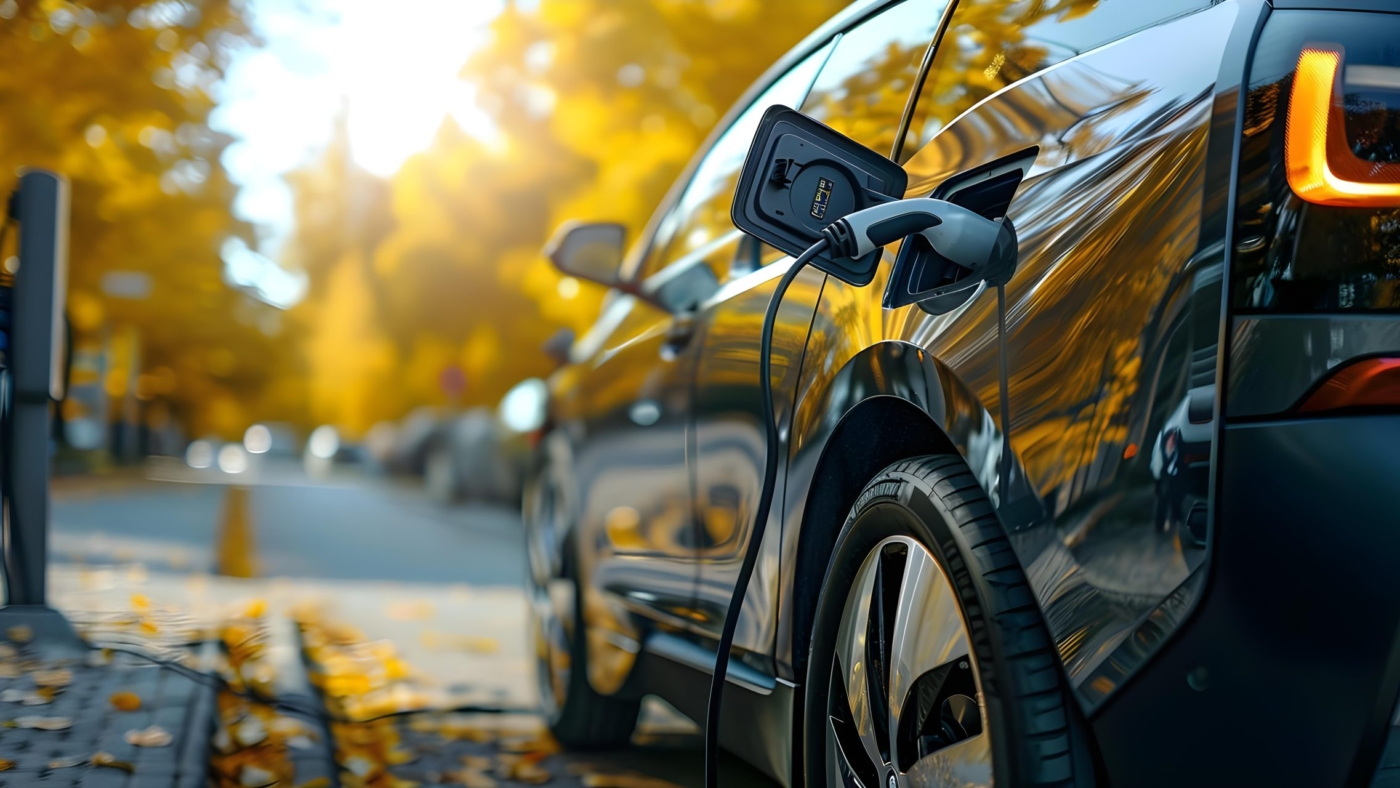Electric and Hybrid Car Insurance: How Coverage Differs from Gas-Powered Vehicles
Owning a car comes with many expenses, and one of the biggest is your auto insurance premium. Whether you drive a traditional gasoline car, a hybrid, or a fully electric vehicle (EV), understanding how insurance works for each type of car is crucial. Electric and hybrid vehicles are becoming increasingly popular, but they come with unique insurance considerations that can impact your budget. Knowing the ins and outs of EV and hybrid insurance will help you make a smart decision for your next vehicle while keeping costs manageable.
How Insurers Calculate Your Premium
Insurance companies consider several factors when calculating your premium, including:
- Make and model of your car
- Year of manufacture
- Engine type (gas, hybrid, or fully electric)
- Driving history and location
While gas-powered cars are still the most common on the road, hybrids and EVs are growing in popularity. This shift has forced insurers to adapt, evaluating how these vehicles impact claim rates and average repair costs. If you’re considering a green car for your next purchase, it’s essential to understand how insurance costs may differ.
Why Electric Vehicles Can Cost More to Insure
You don’t need a special insurance policy just for an EV, but insurance rates for electric cars are often higher than comparable gas-powered vehicles. Here’s why:
- Higher Vehicle Value
EVs typically have a higher purchase price than standard gas cars. In the event of an accident, insurers may have to pay more to repair or replace the vehicle, especially if the battery is damaged. EV batteries are expensive, and even minor collisions can result in substantial repair costs. Because the battery represents such a large portion of the car’s value, your EV is more likely to be declared a total loss, which increases the insurer’s risk. - Specialized Repairs
Repairing an electric vehicle requires specialized knowledge and tools. Not every mechanic can handle EV repairs, which can make even minor fixes costly. Insurers may need to pay higher fees to get your car repaired correctly, driving up your premium. - Higher Mileage
Many EV owners drive longer distances to save on gasoline costs. Higher annual mileage increases the likelihood of accidents, which insurers factor into your premium. Even if you drive safely, more time on the road means more exposure to potential claims.
The Silver Lining: Safety Features
EVs often come equipped with advanced safety technology, from automatic emergency braking to lane-keeping assist. Cars with high safety ratings can qualify for lower insurance rates, which may offset some of the additional costs of insuring an EV. If you choose a model known for excellent safety, your premiums may be more reasonable than expected.
Hybrid Car Insurance: A Middle Ground
Hybrid vehicles fall between traditional gas cars and full EVs in terms of insurance costs. They use smaller batteries than fully electric cars, making repairs less expensive. As a result:
- Hybrid insurance is usually higher than standard gas cars but lower than full EVs.
- Over time, as hybrids become more common and repair costs decrease, premiums are likely to drop further.
Keep in mind that insurance costs are influenced by factors beyond fuel type, including trim level, modifications, and model year. For example, a high-end hybrid sports car could cost more to insure than a standard gas sedan.
How to Lower Your EV or Hybrid Insurance Costs
Even though electric and hybrid insurance can be pricier, there are ways to reduce your premiums:
- Green Vehicle Discounts – Some insurers offer discounts for environmentally friendly vehicles, such as hybrids or EVs.
- Anti-Theft Devices – Installing security features can reduce your risk and lower your rates.
- Bundling Policies – Combining your auto policy with home or other insurance policies can save money.
- Safe Driver Programs – Maintaining a clean driving record can qualify you for additional discounts.
- Choose a High Safety-Rated Car – Insurers often reward vehicles with advanced safety features with lower premiums.
Gas-Powered Cars: The Affordable Option
Traditional gas cars are usually cheaper to insure due to:
- Lower initial purchase price
- Lower repair and replacement costs
- Widely available mechanics for repairs
However, a gas car is not automatically cheaper than an EV or hybrid. Expensive sports cars or luxury sedans can carry higher premiums than mid-priced hybrids or EVs, so it’s always important to compare quotes for your specific make and model.
Key Takeaways
- Electric and hybrid vehicles often have higher insurance premiums than standard gas cars, mainly due to higher repair costs and battery replacement expenses.
- Advanced safety features and eco-friendly discounts can help offset these costs.
- Hybrid vehicles typically fall between gas and full EVs in terms of insurance cost.
- Always compare quotes, ask about discounts, and consider the safety rating of your car to find the best coverage at the lowest price.
By understanding how insurance for electric and hybrid vehicles differs from gas-powered cars, you can make an informed choice for your next vehicle—keeping both your car and your wallet protected.

